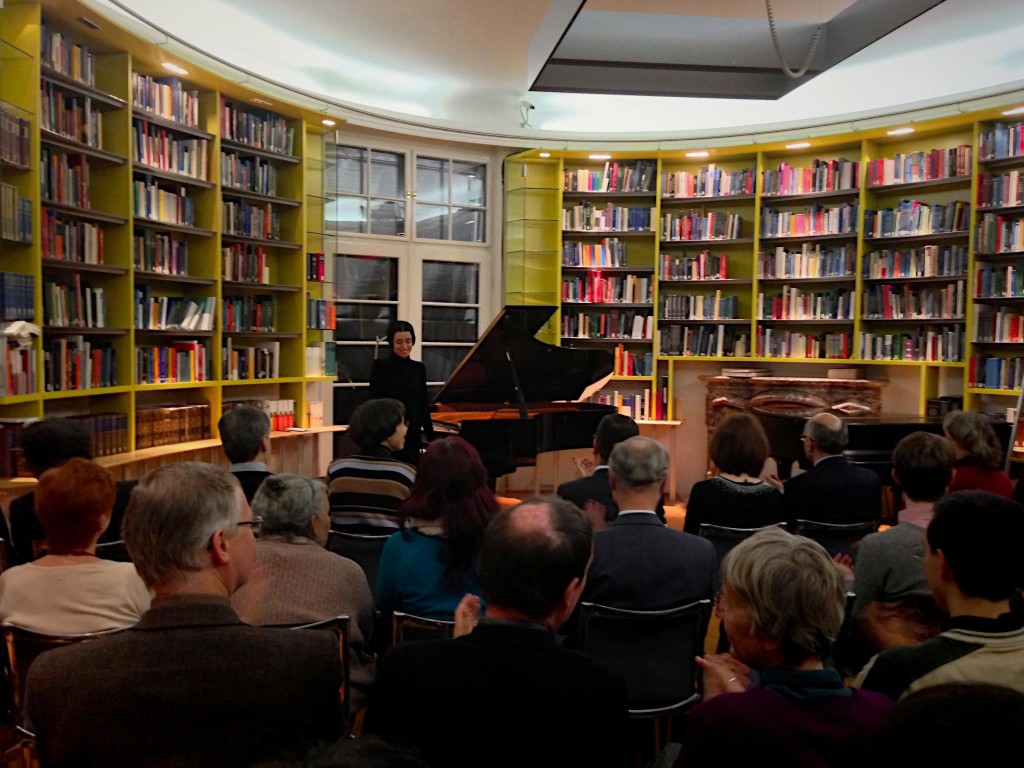
My CD reviewed by the Examiner!
“On its home page Project Odradek calls itself “a new way of doing classical.” It is both a record label and a concert association; and the “new way” is that of a non-profit, artist-controlled, democratic classical cooperative. If the display on that home page is ordered, then the very first release is a recording of the complete piano works of Arnold Schoenberg by the young Italian pianist Pina Napolitano. Intellectually, however, Napolitano is far more than a pianist. She holds undergraduate degrees in both Classics and Oriental European Culture and Languages, and her doctoral research is in Foreign Languages and Literature.
One should thus not be surprised to find that her introductory essay for the accompanying booklet is entitled “Philology and Romanticism.” She clearly approaches her work as a pianist with a semiotic mindset, but the essay demonstrates that she can explain herself without muddying the waters with excessive semiotic jargon. She simply wishes to make clear that Schoenberg’s notation can be problematic and that her job as a pianist is to determine the best way to interpret that notation in a manner that will do justice to the music Schoenberg was trying to document…
One can listen to the very earliest pieces on the recording, the three pieces of Opus 11 and the six short pieces of Opus 19, and detect enough of a sense of thematic statement and development that the absence of any familiar harmonic progression is no great loss. The music really is there. One only needs to blow away the fog of misguided analysis…
[Napolitano] approaches each of the suite’s movements with clarity, attentiveness to all of the notation (rather than just the pitch classes), and an overall sense of rhetoric that tries to covey each movement as a journey from a well-defined “here” to an equally well-defined “there.” She then leaves the rest to the listener’s capacity for sensemaking; and that little voice inside me that remembers all those narrow-minded exercises from my student days seems to be telling me that Schoenberg himself would probably have approved of her approach.”
Stephen William Smoliar obtained his PhD in Applied Mathematics and his BSc in Mathematics from MIT. His doctoral dissertation was one of the first in the emerging discipline of computer music. He composed 36 works between 1969 and 1975 and is a former member of the Society for Music Theory. Between 1971 and 2005, he worked primarily as a research in both academic computer science departments and corporate research laboratories. His main areas of research interest were in knowledge representation, perceptual categorization, and cognitive models. He continues to pursue actively research questions concerned with how we both make and listen to music.
